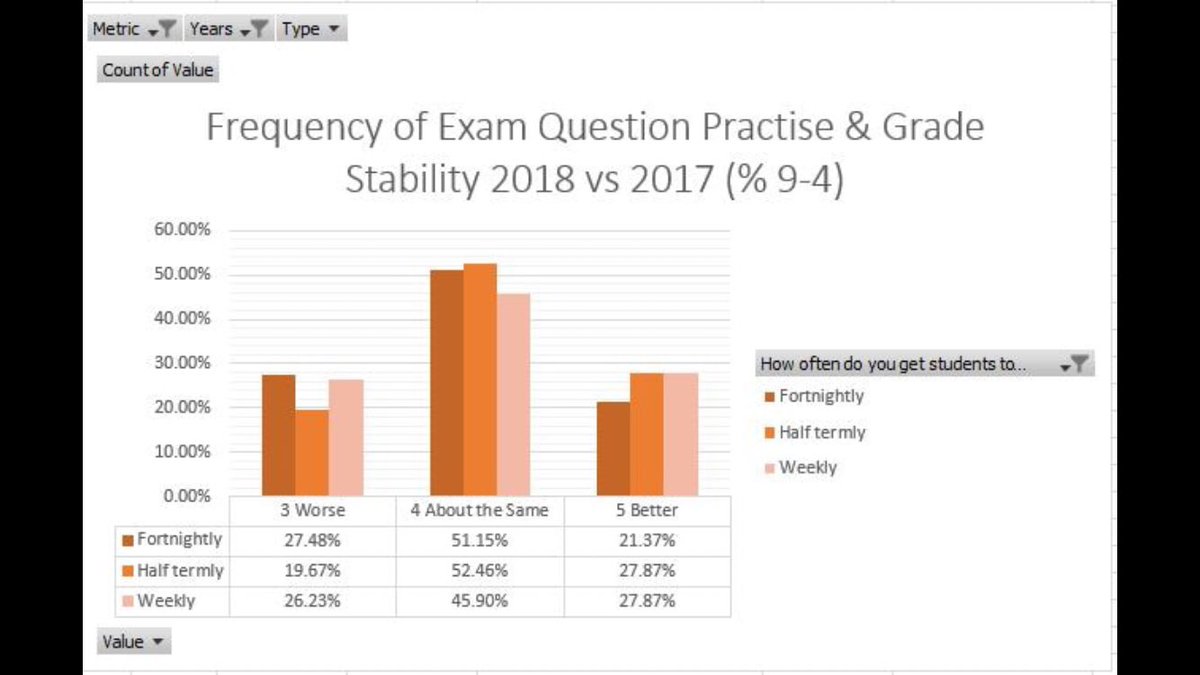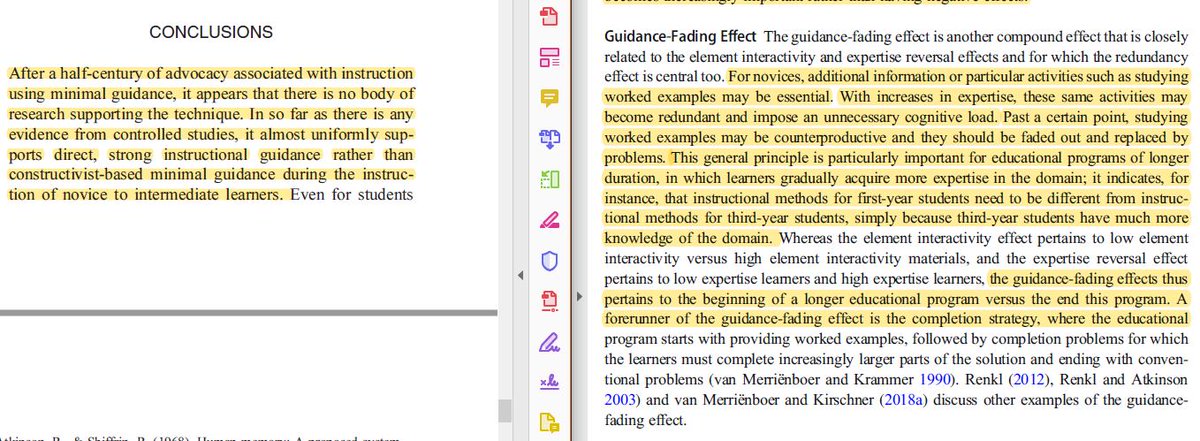
So I spent a good hour today being amazed by the fascinating @MyHeritage tech which brings old photos to life (see the Alan Turing example below). It was seemingly miraculous. All of this got me to musing on the nature of history because...Sunday. (A thread)
https://twitter.com/kerstingaiml/status/1365628452825686017
As you will note, the way in which the pictures are brought to life by the tech is uncanny. Almost immediately I felt a sense of connection with people being shown, despite their remoteness in time. Others expressed a similar feelings of connection.
https://twitter.com/jzitte/status/1365401988305981440?s=21
https://twitter.com/jzitte/status/1365401988305981440
The way in which the people depicted suddenly seem more human when they move naturally is similar to the effect created in films like “They Shall Not Grow Old” or these computer enhanced films from 1901, where AI fills in the gaps to create lifelike motion
For a while I was really taken in. I reanimated photos of long lost grandparents, aunties, uncles. The tech worked brilliantly for the most part. But when I tried a more recent photo, of my great uncle, of my grandma, there was just something.....wrong.
myhr.tg/1ZIgqAAV
myhr.tg/1ZIgqAAV
There was nothing really amiss with the images per se. All the key features were there. They moved naturally thanks to clever motion databases. Clever AI matched motions to the poses. They looked the part...but they had no soul.
myhr.tg/1qefCBnJ
myhr.tg/1qefCBnJ
Despite the impression these photos give of being living people, they are of course a fraud. Nothing comes from the person. The mannerisms are just databases of movements covered in a familiar skin. Humanity cannot be restored by AI
myhr.tg/1ueL2gus
myhr.tg/1ueL2gus
Anyway, this got me to thinking about how we write history. It seems to me that it is perfectly possible for a person to write a history and give the impression of it being a representation of the past, but for that representation to miss the soul of that history, that past.
This last week I have been reading Hamalainen’s “Lakota America”. From an outsider’s perspective this book seems to give a rich and detailed overview of the history of the Lakota and Dakota peoples from the earliest known records in the 1600s to the present. 





Yet, the reaction from those with deep knowledge of Lakota culture and history was much less glowing than the reviews on the book jacket. This example from Jimmy Sweet @JimmySkuya (below) is illustrative.
https://twitter.com/JimmySkuya/status/1362947104155594759
I was especially struck by Sweet’s thoughts on the book as both a scholar and part of the Lakota/Dakota community whose history Hamalainen is telling. For Sweet one especially egregious issue is the failure to capture the true soul of Lakota history.
https://twitter.com/jimmyskuya/status/1361009159228035078
Herein lies the power and danger of history. The role of the historian as Marc Bloch put it is to enable better understanding of people in time. To do this, he argued that we need to understand the mentalities of the people in the past, not just what occurred.
“Lakota America” fails to grasp the ways in which the Lakota interacted (and continue to interact) with the world. This in turn confounds understanding and action in the present. We don’t really understand Lakota America at all, nor the roots of present injustices.
https://twitter.com/jimmyskuya/status/1362947045326282752
I think there is a salient lesson here: If we fail to search for the soul of the past by seeking to truly understand the people whose history is being told, we are creating little more than a data-driven representation - a fraud, just like those animated photos.
This is important too when we think about the histories we share with pupils, a point @BearWithOneEar makes powerfully when discussing the importance of exploring mentalities of people in the Middle Ages. 



The ways we help children to understand people in the past (or not) will either open them up to understanding their world, or close understanding down. The stakes are high and we can ill afford for pupils to believe in a false past. 

Yet how many of us have relied on an historian’s book to capture the events of a period without asking if it truly grasps the mentalities of the people depicted? Can we be sure we are not perpetuating an historical myopia in our own teaching: a silencing of the past and present? 

We can fill children full of “facts” and stories, by historians or otherwise, but if children never engage meaningfully with how people thought, then we leave them with no real grasp of history, yet open to the frauds and falsehoods which plague understanding and confound action.
• • •
Missing some Tweet in this thread? You can try to
force a refresh



















